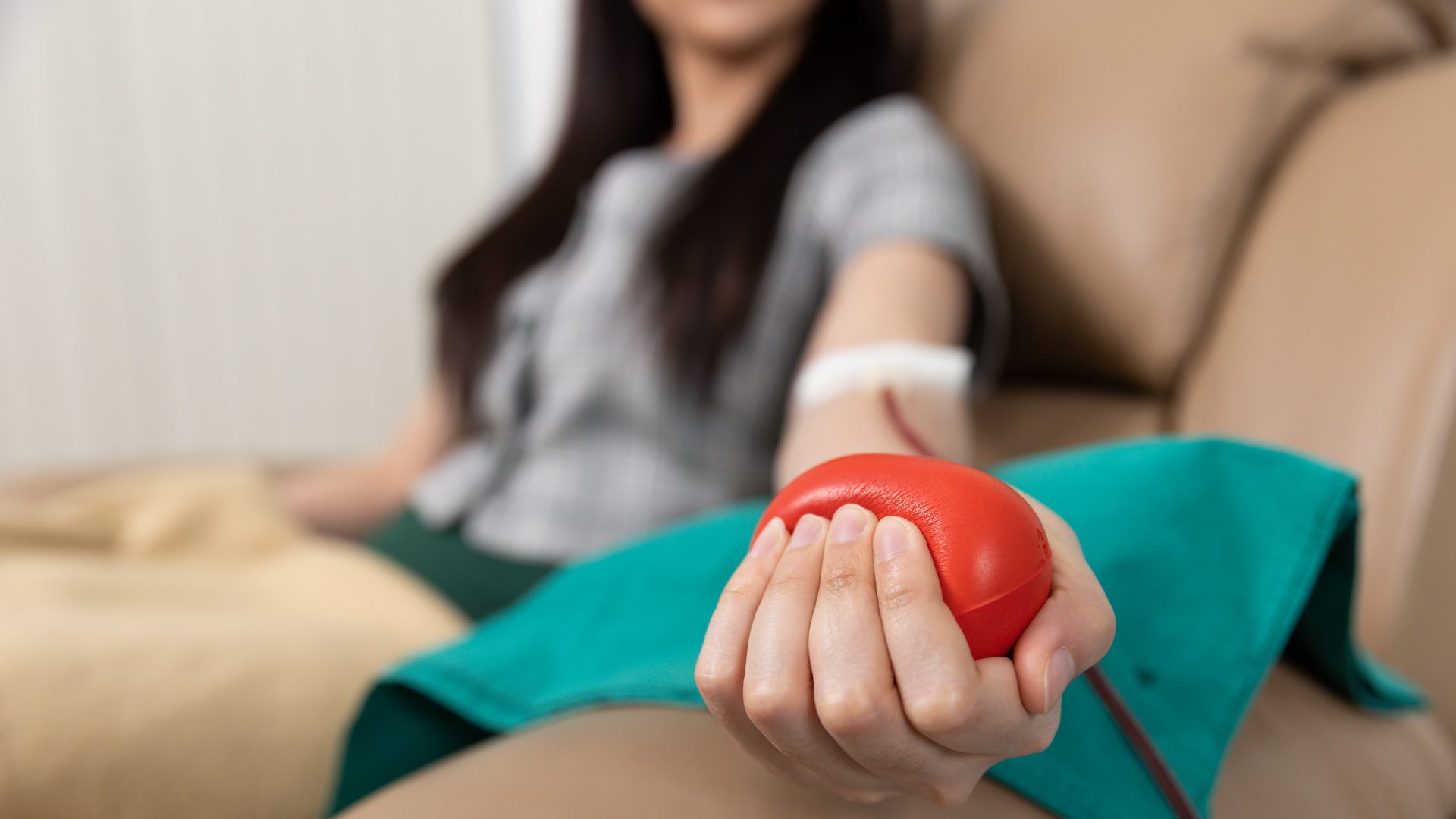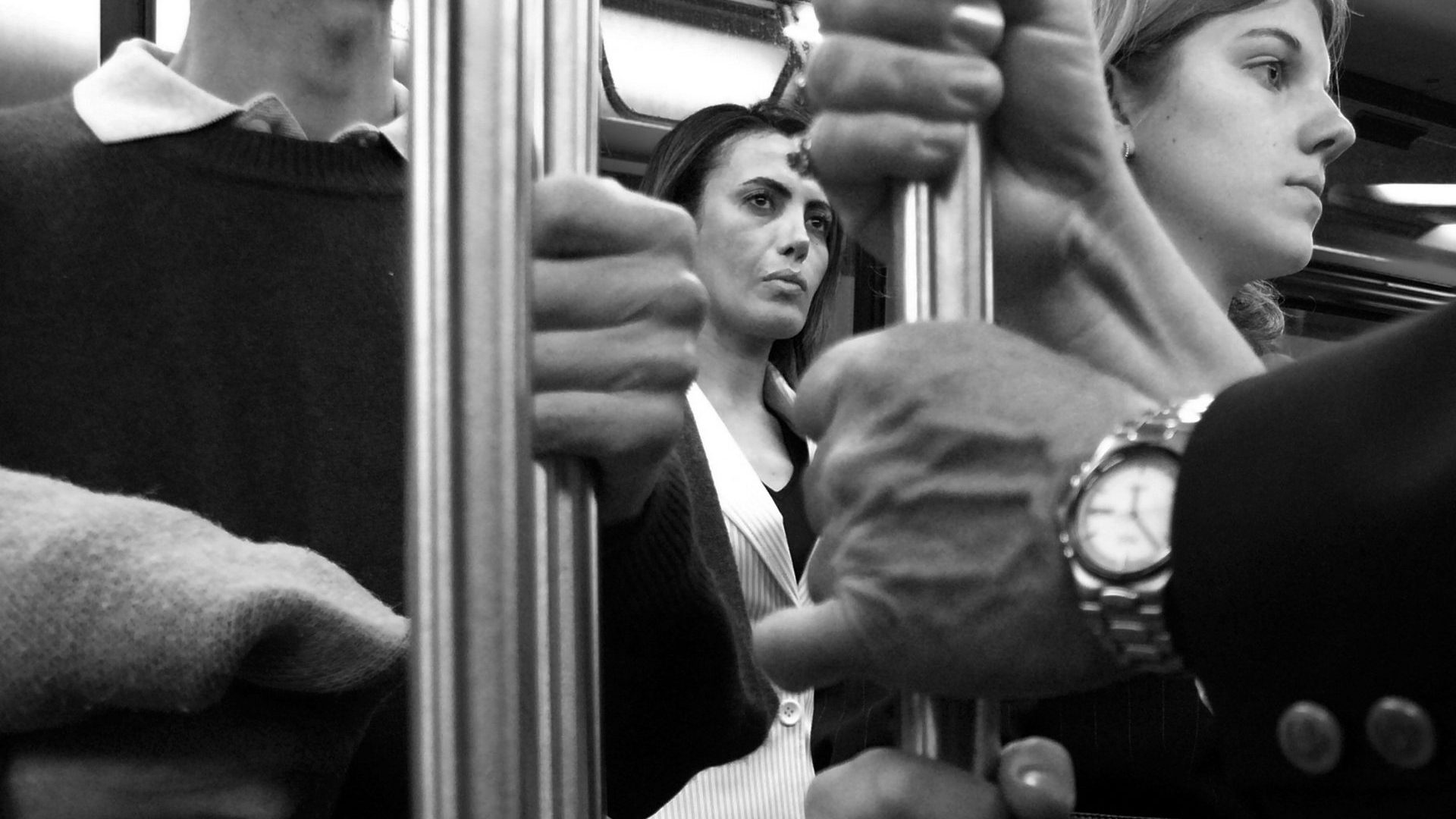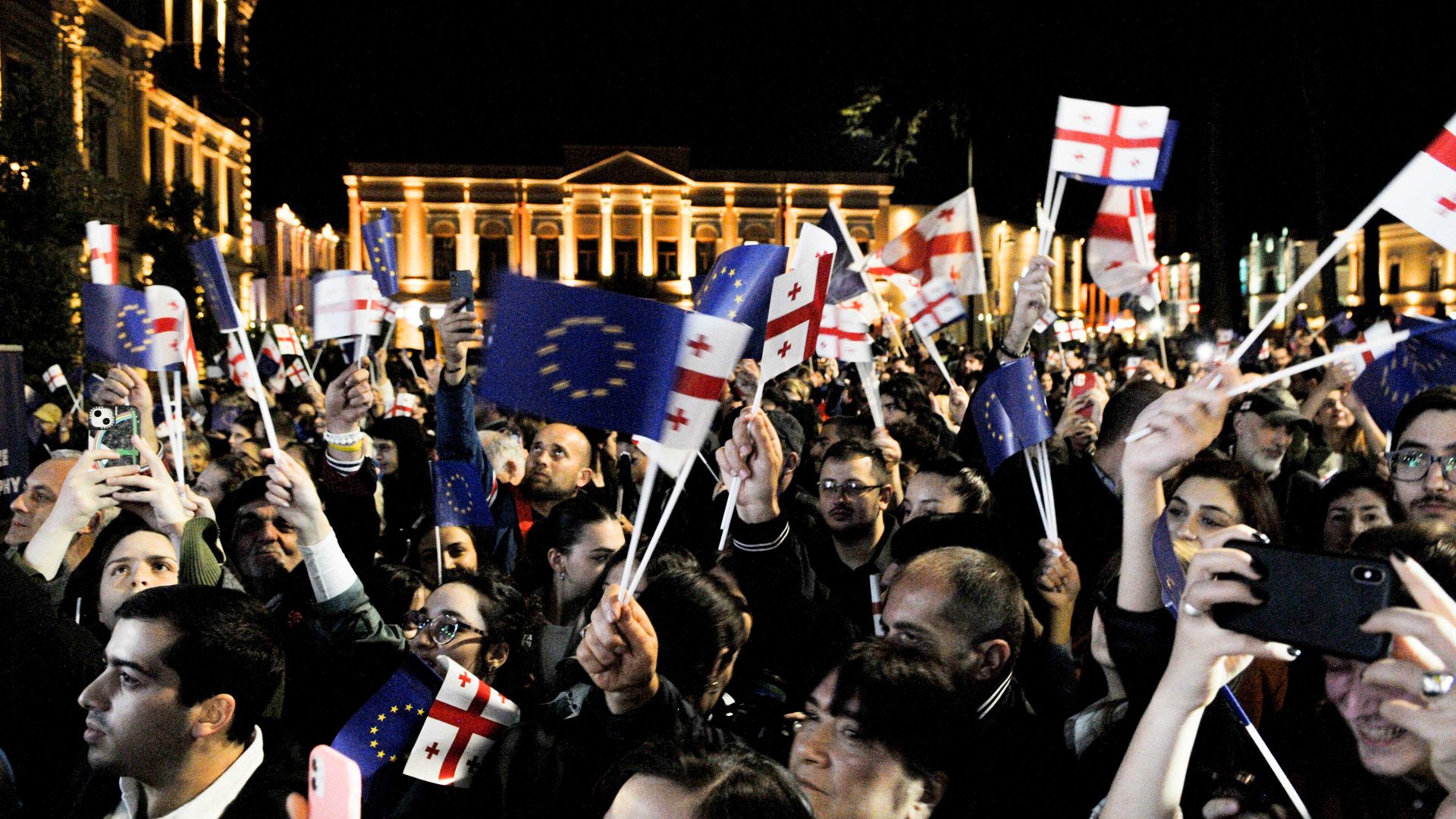“No alcohol the night before, and eat a good breakfast, but keep it low-fat. No fry-ups! And don’t drive to the donation centre – you might feel weak afterwards and have a road accident.” The instructions were clear enough.
I wondered about going by bike, but remembered that my route into town is punctuated with white-painted ghost bikes where cyclists have met their deaths. And the whole point of giving blood is to save lives, not to put my own at risk. So I decided to take the tram.
Breakfast was German-style, on a little wooden board instead of a plate – rye bread, hard-boiled egg, a vegan dip made from pumpkins, and filter coffee. No baked beans, no Marmite, no marmalade, no proper tea. Shortly after Brexit, our local English shop closed its doors for ever. The import duty on these humble everyday groceries had made them as expensive as caviar almost overnight.
Anyway, I didn’t have much of an appetite, feeling oddly nervous. I had given blood dozens of times before, in England. There were no ill effects, just a nice warm feeling of doing good.
The donation centre turned out to be in the same building as Barefoot, my favourite bar and nightclub, on the Barefoot Alley just off the main town square. The narrow side street is always buzzing in the evenings, but at this time of day it was deserted.
I was the only customer, although they were geared up for large numbers of donors. Rows of recliners upholstered in blood-red fake leather were arranged like a hospital ward on both sides of a long hall.
The desk clerk’s smile was friendly. But it vanished when I produced my residence permit, valid until 2031 under Article 52 of the Withdrawal Agreement that took Britain out of the EU. Then she asked to see my British passport.
“You’d better go and see the doctor right away,” she said cryptically. “No no, don’t take off your coat. See the doctor.”
“What the hell?” I wondered. Is being British a disease?
I knocked on the doctor’s door. She had one of those long, quite complicated Polish names, so I addressed her as Frau Doctor, as politely as I could.
She, however, did not waste time on politeness. “Did you live in Great Britain between 1980 and 1986?” she asked.
“Yes,” I replied. “I moved to Germany in 2015, for my job.”
“Well your blood is not acceptable here,” she stated baldly.
I asked why not.
“Because of Bovine Spongiform Encephalitis, of course.”
I must have looked blank, or disbelieving, because she opened a folder and took out a printed list of prohibited persons and pre-existing medical conditions. She pointed to the relevant paragraph.
“BSE,” she said. “Mad cow disease.”
An old memory flickered into my brain of TV news footage from the 1980s. A huge bonfire was blazing, and people in decontamination suits were piling the carcasses of dead cows into the flames. Their blackened hooves waved in the air.
“Oh, but that’s OK,” I said, certain that I was right. “I don’t eat beef. Or lamb. I’m a vegetarian.”
“Ha,” said the doctor, “and how are you going to prove it? Even if you never ate any of that meat, the disease was there, in society. It was everywhere. And BSE can take decades to develop into symptoms. You could be carrying it right now. I’m sorry, Frau Whyatt. I shall have to ask you to leave immediately.”
Outside, Barefoot Alley was slowly coming to life. The waiters were running around with cups of coffee and the smokers were lighting up
their first cigarettes of the day. One of them waved to me and I recognised that it was Christian, from my tango class. But I did not feel like talking to him.
It was all wonderfully familiar and has been one of my regular haunts, night and day, for eight years now. Yet today I felt different – suddenly very foreign, an unwanted alien and somehow… unclean.



